Pest plants (New Zealand)
Where can I find information about pest plants in New Zealand?
(Years 7-10)
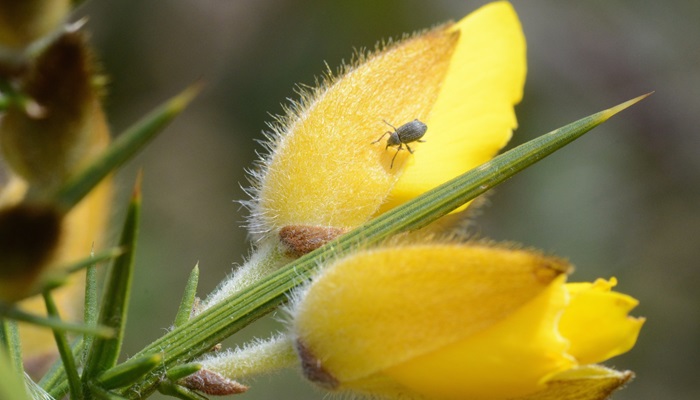
Image: Alligator weed by Jacqui Geux on DigitalNZ.
Entry last updated: 29/01/26
Introduction
Pest plants are invasive species introduced to New Zealand by humans. They spread quickly and invade habitats, harming the environment and threatening native birds and animals. These plants can damage the bush, wetlands, coastal dunes, and every type of habitat in New Zealand.
Type of pest plants
Here is a list of some common pest plants found in New Zealand. You will find more names in the websites included in this entry.
Weeds: A plant that grows well where it is not wanted. These are usually plants that have been introduced by humans to New Zealand.
Agapanthus: A South African flower that competes with natives. It is hard to get rid of because of how well it seeds and how tough the plant is to remove.
Blue morning glory: A tropical plant that grows very fast and smothers other plants. A high-climbing vine that can become the dominant vine wherever it grows.
Didymo: An introduced alga also known as 'rock snot'. A huge threat to New Zealand rivers. Its discovery in the South Island of New Zealand in 2004 started a large campaign to stop it from spreading further.
Gorse: Introduced to New Zealand by early European settlers for hedges and windbreaks. The most expensive weed to control in New Zealand.
Old man's beard: Can climb as high as 20 meters to cover a canopy. It also smothers other plants and can stop native plant seedlings from growing.
Privet: An evergreen shrub or tree with poisonous berries that invades the bush by crowding out native trees.
Wilding conifer: New Zealand name for introduced conifers that spread quickly, killing native plants and forcing native animals to leave.
Weeds and pests
Here are New Zealand websites to help you look for information on weeds and introduced species that are a threat to our unique native landscape.
Te Ara: The Encyclopedia of New Zealand
Te Ara is an excellent starting point for all questions about Aotearoa New Zealand. If we look down to the bottom of the page, we can see that the website belongs to the Ministry for Culture & Heritage, so the information is well-researched and reliable.
Go to Stories A-Z and choose W.
The story Weeds of agriculture is about different types of weeds, how they were introduced and how much it costs farmers to get rid of them.
Also read Weeds of the bush to find the names of bush weeds and how to control them.
Department of Conservation (DOC)
DOC is a government organisation that aims to preserve the natural and historical sites of New Zealand. It has information about how to identify common weeds and how to control and prevent the spread of pest plants.
Choose Nature from the top of the page and select Pests and Threats.
Look for Weeds.
Explore the links to find out about Weeds that pose serious threats to New Zealand and Wilding conifers and more.
Tips: We like sites like this because they’re reliable. You can tell because of their web address – they have either .govt or .ac, meaning they are from government or educational organisations. They’re also New Zealand sites, so relevant for us.
This is a tool from AgResearch. It has information to help identify pests, their biology, their impact, and how to control them.
Go to the Pest directory and choose Weed.
This is a list with pictures of different weeds. Choose a weed to find out more about it.
Or, you can go to Identify, choose Weed, and use the drop-down menus to help identify a specific weed and how to manage it.
New Zealand Plant Conservation Network
The New Zealand Plant Conservation Network is part of a worldwide network. Its main purpose is to make sure that native plant life is appreciated and preserved.
Check out the Threats tab along the top of the page and select Exotic plants (Weeds).
The links found here lead to information about introduced exotic plants and weed control.
Tips: Websites that have .org or .net in the address can have good information, but you need to assess how reliable it is. Check the About us link on the website, if you can find one. That can tell you what the organisation’s mission and values are.
Pest control
Here are some organisations that work to protect our native environment by controlling pest plants.
Ministry for Primary Industries | Manatū Ahu Matua
This government organisation includes Biosecurity New Zealand, which helps stop pests and diseases from entering the country. They also work to remove and control the impact of pests and diseases that are already there.
Search for 'weeds'.
Choose NPPA and the control of weeds.
Learn about the National Pest Plant Accord, an agreement to prevent the sale and spread of pest plants in New Zealand.
The Pest and disease search has pictures, legal status of plants, the impact plants have on the environment and links to more information. Make sure you choose Land plants or Marine, or freshwater plants.
Tips: Search words, or keywords, are the most important words in our question. Usually it’s better to leave out small words like ‘the’, ‘a’ and ‘of’ and just choose the main ones, eg weeds. We can always change our keywords or add more if we need to.
Many councils like the Waikato Regional Council, have information about pest plants and how they affect their local area.
Go to the tab called Services.
Look under Biosecurity to find Pest plants and animals.
Other council websites, such as the Auckland Council, Wellington Council and Christchurch City Council, have information on pest plants in their local area and what is being done to control their growth.
Tips: Council websites are useful for community information, services and engagement. They also have a page to help you identify pest plants and animals in your region and how you can help control their spread in New Zealand.
Manaaki Whenua | Landcare Research
This Crown Research Institute is accountable to the New Zealand government. Its main purpose is the management of land and land resources, which includes sustainability and conservation.
Go to Tools & resources then under Identification choose Plants.
Look down the page to the Key to the weed species to help identify weeds in New Zealand.
Or to find out about how weeds are controlled using biological control and chemical control go to Discover our research.
From Managing invasive species choose Weed biocontrol.
Explore the other links to find more information.
Tips: Websites that have .com or .co in the address can have good information, but you need to assess how reliable it is. Check the About us link on the website, if you can find one. That can tell you what the company’s mission and values are.
This is a weeds awareness and education programme that hopes to reduce the impact of weeds on the environment, economy and human health.
Check out their What Are Weeds? section.
There are lots of tips about identifying and controlling weeds, disposing of weed waste and banned plants.
Tips: Websites that have .com or .co in the address can have good information, but you need to assess how reliable it is. Check the About us link on the website, if you can find one. That can tell you what the company’s mission and values are.
Books
Ask at your local library or school library for a copy of these books or other books about weeds and pest plants in your local area.
The weed control handbook: how to identify and manage invasive plants in New Zealand by Denise Cleverley.
An illustrated guide to common weeds of New Zealand by Ian Popay.
SCIS no: 1929328
Topics covered
Related content
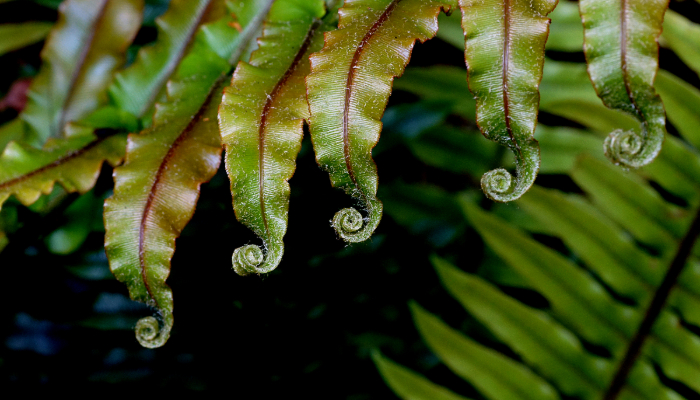
Native plants (NZ)
Where can I find information about the native plants of New Zealand?
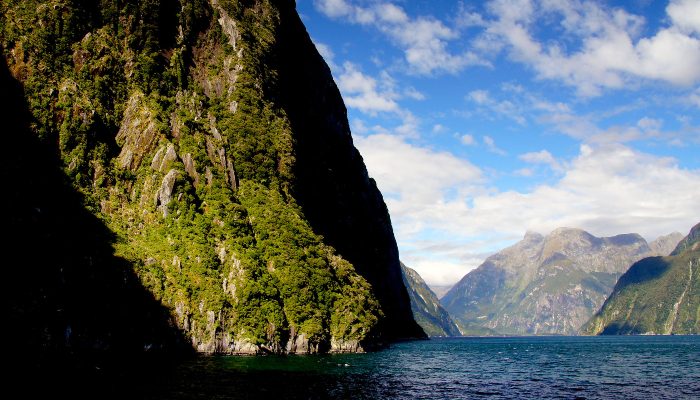
Conservation (NZ)
Where can I find information about conserving the natural environment in New Zealand?
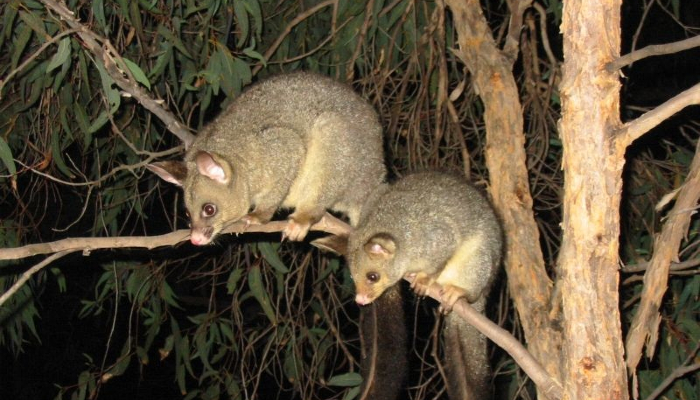
Animal pests (NZ)
Where can I find information about animal pests in New Zealand?
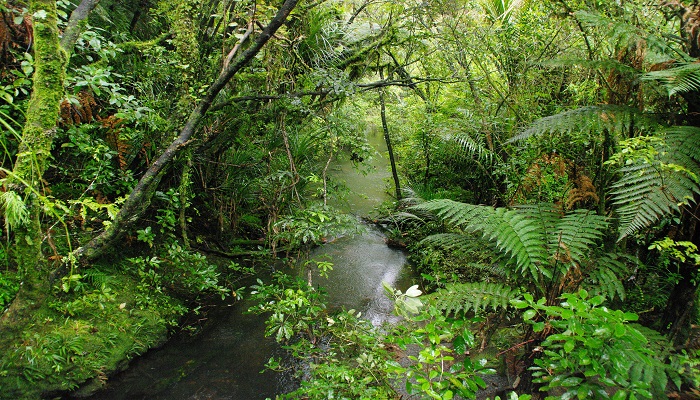
Forests (New Zealand)
Where can I find information about New Zealand forests?
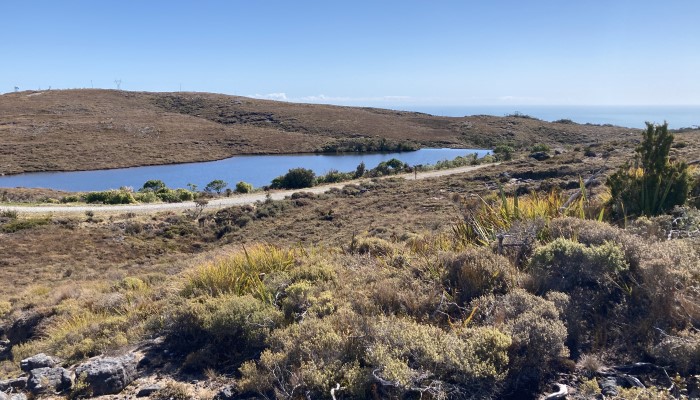
Ecosystems (junior)
Where can I find information about ecosystems?
